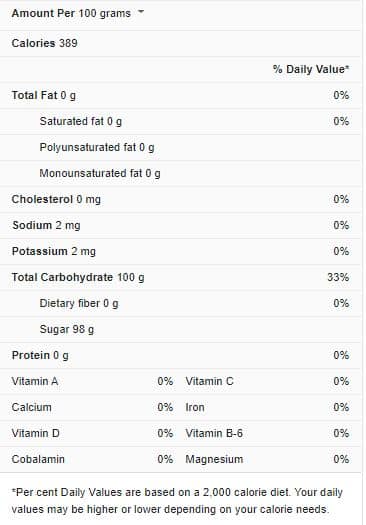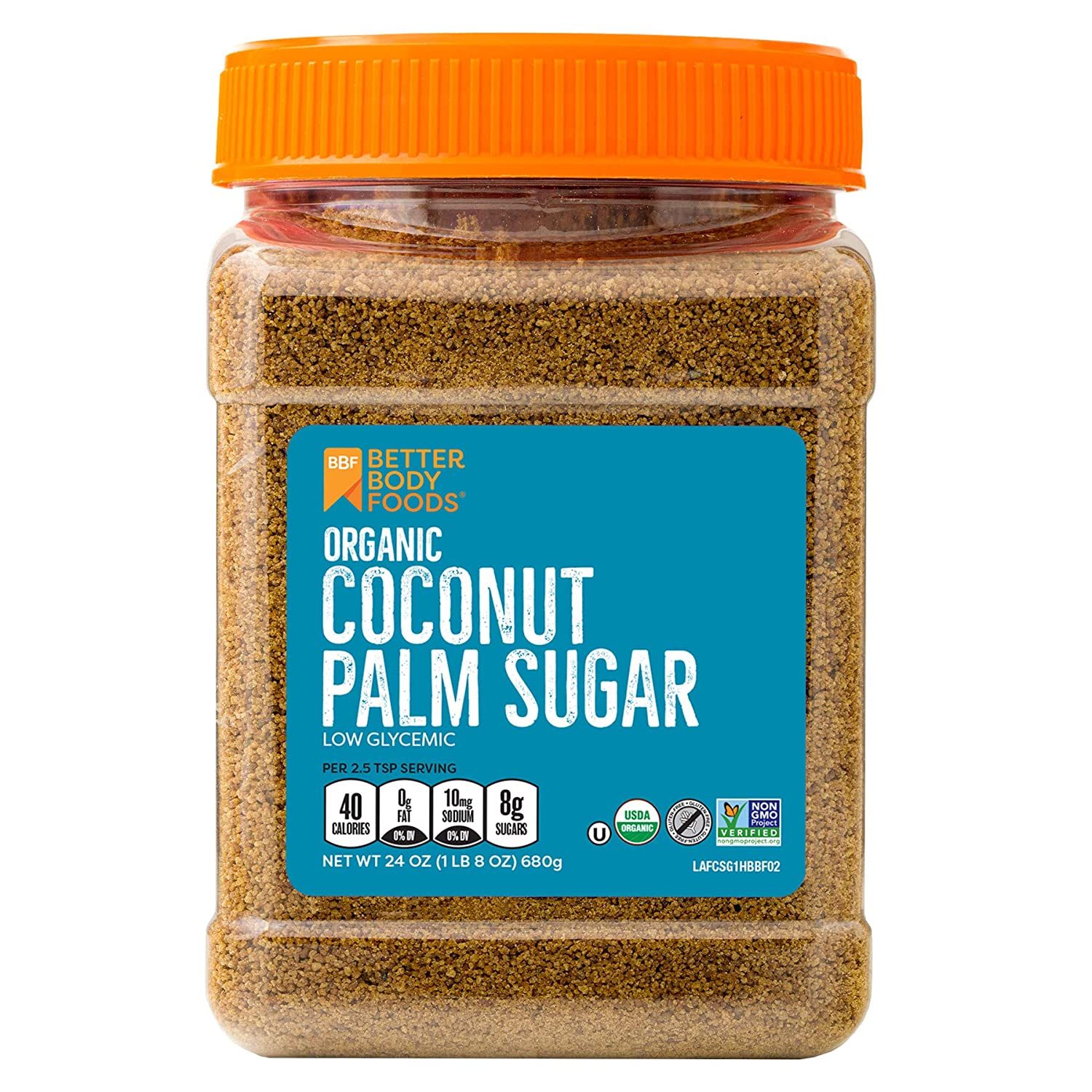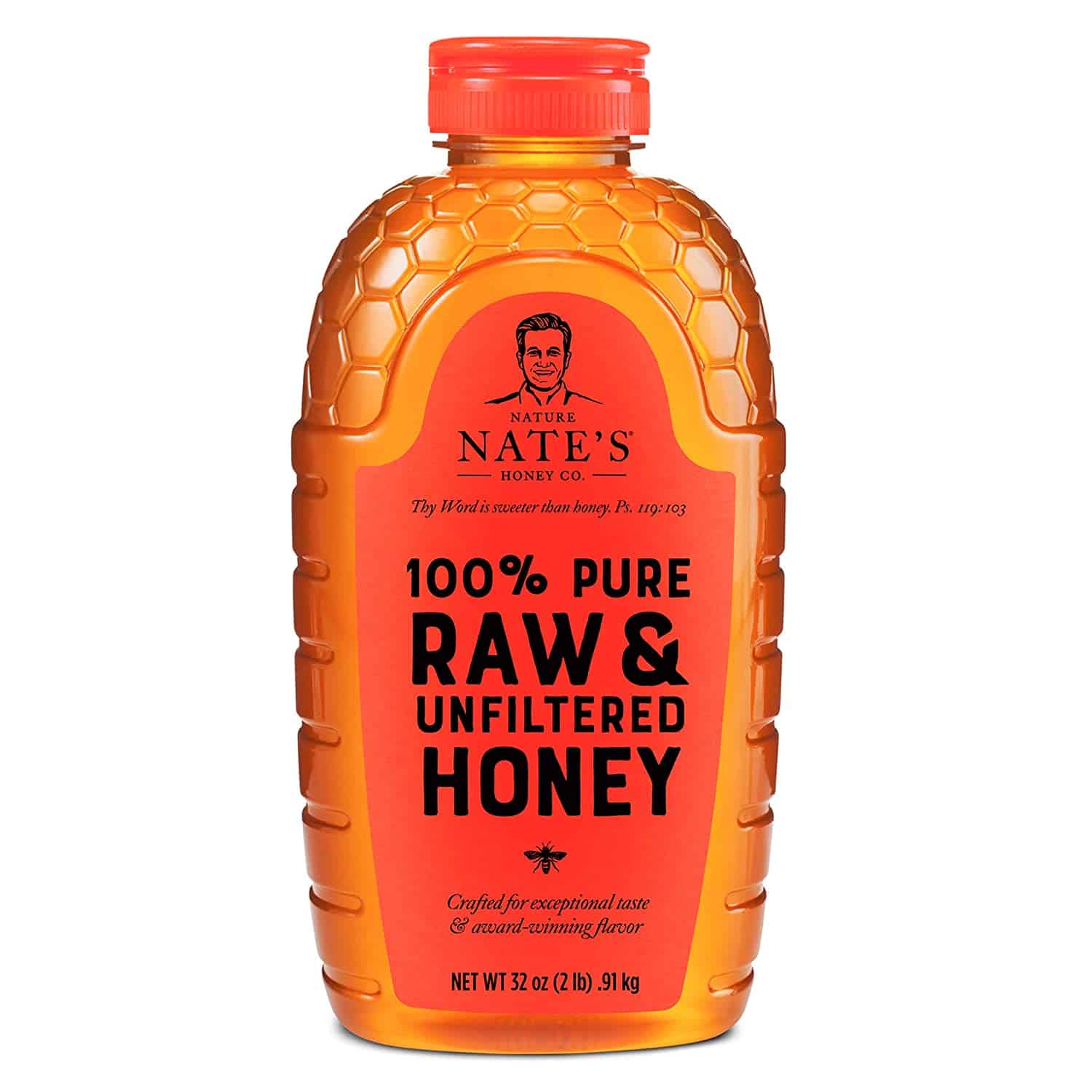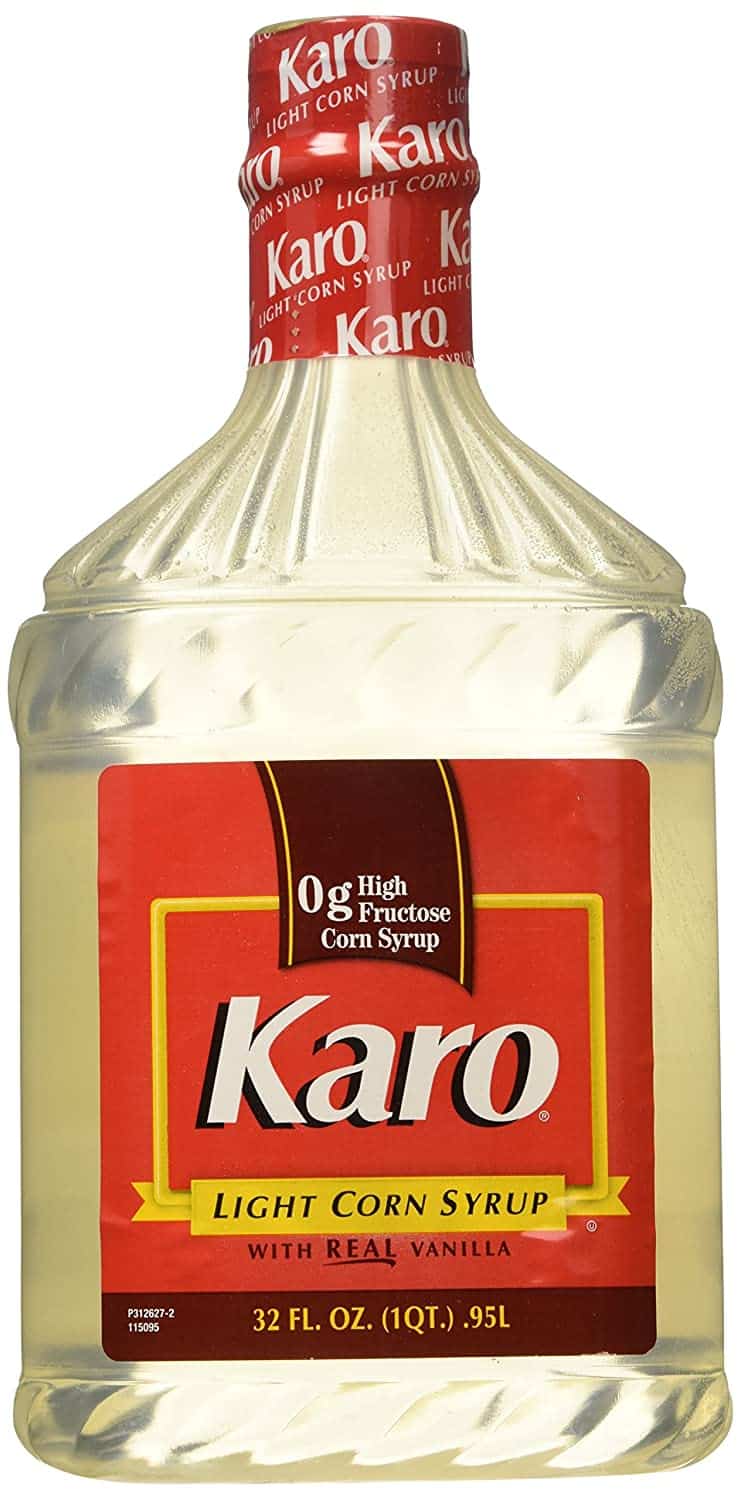If you’re new to baking, you may hit some roadblocks here and there and wonder about a lot of things. Substituting one item for another is nothing new in the culinary world for a lot of reasons. Reasons could be because of an allergy or dietary preferences, amongst many others. When substituting one sugar for another, it probably would be because you ran out. My advice to bakers is to always gather all your necessary ingredients before making a particular recipe. But if you realize that you’re out of granulated sugar, you may wonder if there is anything else you can use in its place. And if you have a box of powdered sugar, you may be led to ask the question: can you substitute powdered sugar for granulated sugar?
The answer to the question is YES. However, it depends on the recipe you’re making with it. You’ll find out more about powdered sugar and granulated sugar as you read.
What is granulated sugar?
Granulated sugar is also known as white sugar or regular sugar. It is refined sugar made out of beet sugar or sugar cane. Refining removes all of the molasses in this sugar. It is the most commonly used sugar in baking. White sugar has fine crystals that prevent it from caking together. This is what makes it perfect for sprinkling into food and dissolving into drinks.
Powdered Sugar Nutrition Facts

Powdered sugar as a substitute for granulated sugar
Powdered sugar, also known as confectioner’s sugar, icing sugar of 10x sugar is a great substitute for granulated sugar in recipes. Powdered sugar is made by simply grinding granulated sugar to a wonderful texture. When replacing granulated sugar with powdered sugar, you should use 1 cup or 3/4 cup of unsighted powder or 2 cups of sifted powder to replace 1 cup of granulated sugar. This alternative will give your baked goods a smoother and denser consistency. Using powdered sugar also maintains the same sweetness level as granulated sugar.
Powdered sugar also contains a small amount of cornstarch, so it may cause recipes like sauces and puddings to thicken faster. Although powdered sugar is basically fine granulated sugar, it cannot be used for recipes that need air incorporated into the batter. For example, creaming butter and sugar. If you make cookies with this substitute, they won’t crisp up. Powdered sugar is best for making bread and muffins.
Other substitutes for granulated sugar
Coconut sugar
Coconut sugar is a type of granulated sugar used in a 1:1 replacement for granulated sugar in recipes. Using coconut sugar can alter the flavor and texture of baked goods and make them less moist and more crumbly. Although coconut sugar can be used in almost any recipe, it is best used in making scones or shortbread.
Date sugar
Date sugar is made from the sap of date palm and can be used as an alternative for granulated sugar. It should be used in the same proportion as you would granulated sugar in recipes. However, it shouldn’t be used one recipe that requires melting or dissolving sugar as it is incapable of that. Using date sugar might result in baked goods being denser and drier than normal.
Honey
When substituting honey for granulated sugar, use 3/4 cup of honey and 1/4 cup of baking soda to replace 1 cup of honey. The purpose of baking soda is to reduce the acidity of the honey. Also, you should reduce the liquid content of the recipe by 1/4 cup. But, if you’re making a recipe with no other liquid, we recommend that you add 1/4 cup of flour instead.
Since honey caramelizes and burns faster, we recommend keeping an eye on h the oven and reducing the oven temperature by 25 degrees Fahrenheit. Using honey to bake makes your recipe bake faster and makes your recipes softer and denser than normal.
Corn syrup
Corn syrup is often seen as a bad and unhealthy sweetener. However, this is untrue. The bottles of corn syrup sold at grocery stores are not the same as the high-fructose corn syrup found in packaged foods. Corn syrup is safe and can be used to replace granulated sugar in recipes.
Use 3/4 cup of corn syrup to replace 1 cup of granulated sugar. Then, you reduce the quantity of liquid by 1/4 cup, but if there aren’t any other liquids in your recipe, add 1/4 cup of flour. Make sure to keep an eye on your baked goods in the oven and reduce the oven temperature by 25 degrees Fahrenheit. Corn syrup doesn’t taste as sweet as granulated sugar does, and when used in baking cookies, they turn out chewy instead of crispy.
Brown sugar
Amongst all sweeteners, brown sugar is the easiest and most versatile to substitute for granulated sugar. Brown sugar can be substituted in equal quantity as you normally would granulated sugar. However, you might notice a difference in the taste, color, and texture of recipes. Using brown sugar will give recipes a caramel flavor and may make recipes a softer and moister texture. For example, if brown sugar is used in making cookies, the result will be darker and chewier than it should be.
Two types of brown sugar can substitute for granulated sugar; light and dark brown sugar. Using light brown sugar is recommended as an alternative for granulated sugar. This is because it contains fewer molasses than dark brown sugar. Since it contains lesser molasses, the difference between granulated sugar and light brown sugar is fewer.
Because brown sugar contains granulated sugar, it is best for recipes that require creaming butter and sugar together. This helps in creating air pockets cakes that need to leaven properly.
Conclusion
We hope that this article answers your question about substituting powdered sugar for granulated sugar.





